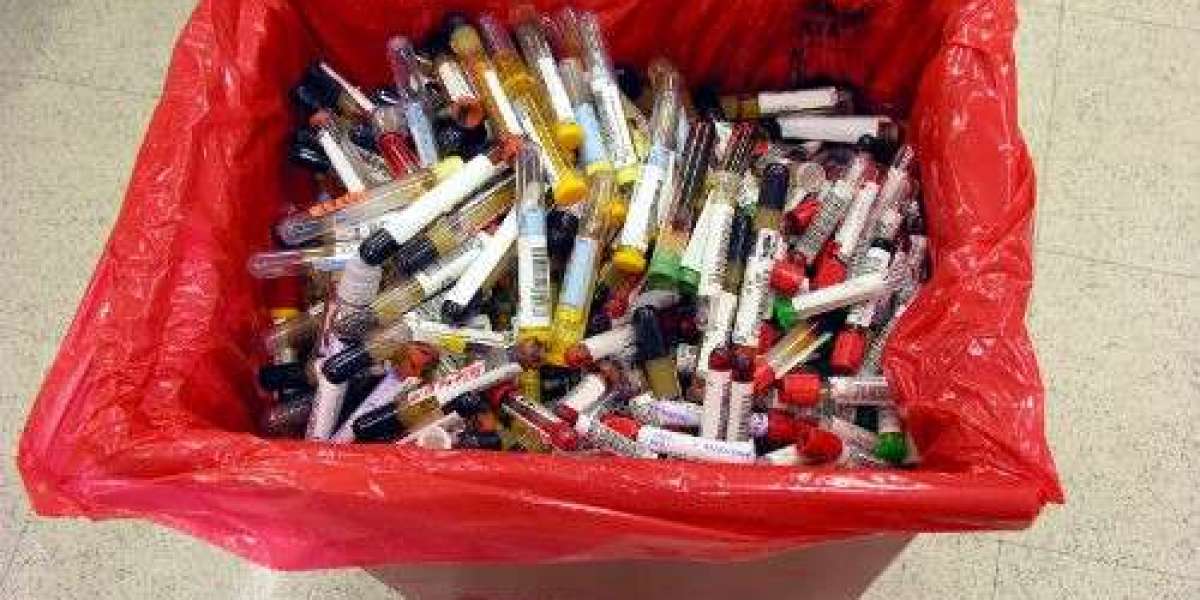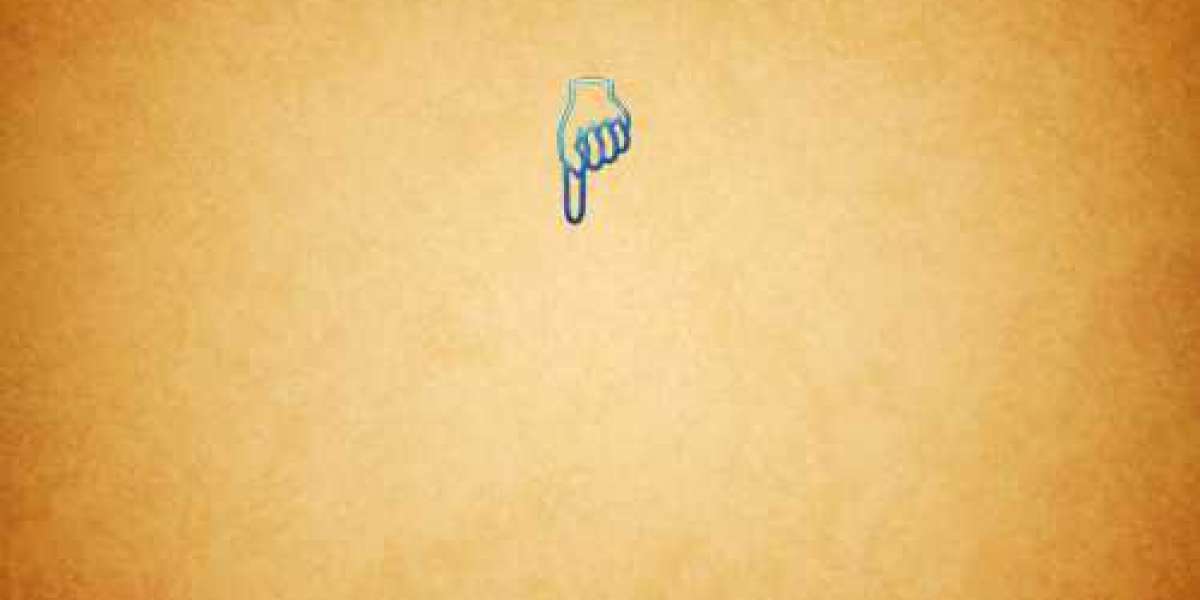The safe and responsible disposal of medical sharps waste is a critical aspect of healthcare and public safety. Sharps, such as needles, syringes, and lancets, are used in various medical settings, from hospitals and clinics to private homes. Improper disposal can lead to serious health and environmental risks. In this article, we will explore the economics of sharps waste services, examining the costs and benefits associated with proper sharps waste management.
The Costs of Sharps Waste Services
Collection and Transportation
One of the primary costs associated with sharps waste management is the collection and transportation of used sharps to a disposal facility. Healthcare facilities and individuals must invest in appropriate containers, as well as engage with waste management companies to transport the waste to designated disposal sites. These services can be expensive, especially for smaller healthcare providers.
Treatment and Disposal
Once collected, sharps waste must be treated and disposed of safely. This process can involve various methods, such as incineration, autoclaving, or chemical treatment. These methods require specialized equipment and trained personnel, adding to the overall cost of sharps waste services.
Regulatory Compliance
Healthcare facilities and waste management companies must adhere to strict regulations governing the disposal of sharps waste. These regulations vary by location and often require ongoing training, record-keeping, and compliance checks, which can incur additional costs.
Liability and Insurance
Liability is a significant concern when handling sharps waste. The risk of needlestick injuries and potential legal consequences make liability insurance a necessary expense for healthcare facilities and waste management providers. Insurance premiums can be a substantial cost component.
The Benefits of Sharps Waste Services
Public Health and Safety
The primary benefit of investing in the best sharps waste services is the protection of public health and safety. Sharps waste, if not managed correctly, can lead to needlestick injuries and the transmission of infectious diseases. By implementing safe disposal practices, the risk of such incidents is significantly reduced.
Environmental Protection
Proper sharps waste disposal helps protect the environment. It prevents contamination of soil and water with potentially hazardous materials. Reducing the environmental impact of sharps waste positively contributes to a cleaner and safer community.
Legal Compliance
Adhering to regulatory requirements ensures that healthcare facilities and waste management companies avoid costly fines and legal consequences. Compliance with these regulations also helps maintain a positive reputation within the healthcare industry and the community.
Reduced Healthcare Costs
Preventing needlestick injuries and infections resulting from improper sharps disposal can lead to reduced healthcare costs. Treating such injuries and illnesses can be expensive, and avoiding them is a cost-saving benefit.
Reputation and Trust
Proper sharps waste management can enhance the reputation and trustworthiness of healthcare providers and waste management companies. Patients and the general public are more likely to trust organizations that prioritize safety, health, and environmental responsibility.
Conclusion
The economics of sharps waste services involve a balance between costs and benefits. While there are financial investments required for proper disposal, the long-term benefits far outweigh the expenses. By protecting public health, preserving the environment, ensuring legal compliance, and reducing healthcare costs, responsible sharps waste management is a wise economic choice for both healthcare facilities and waste management providers. It not only safeguards the community but also contributes to a sustainable and socially responsible healthcare system.







